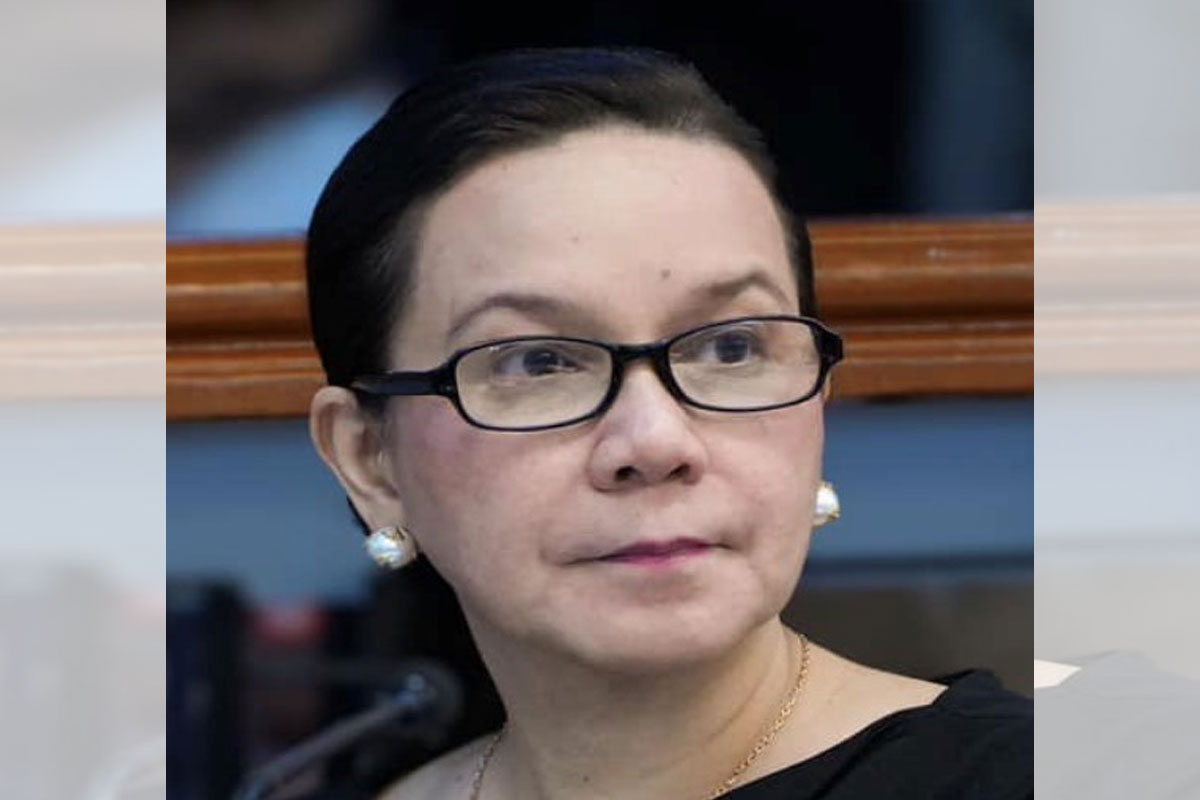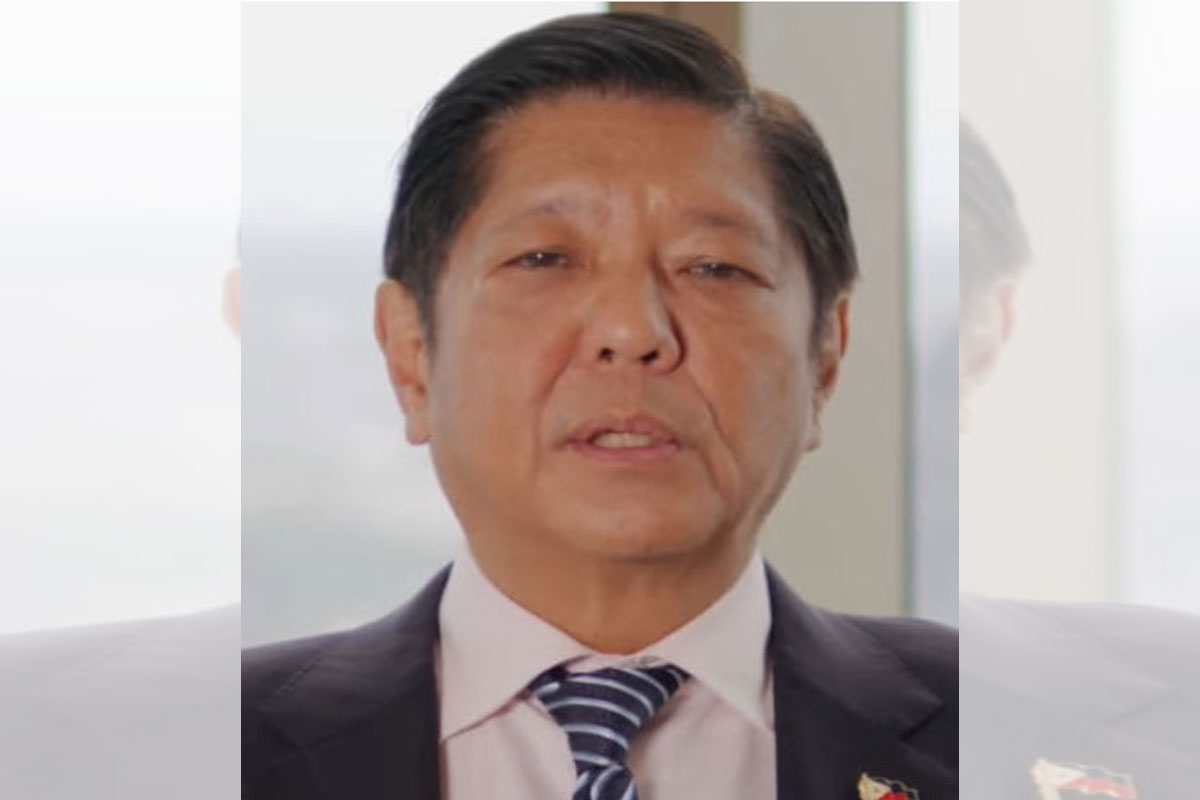
Villar pushes for swift passage of Maharilika bill
SENATOR Mark Villar, chairperson of the Committee on Banks, Bianncial Institutions and Currencies accepted questions from colleagues as the Senate opened the plenary debate on Senate Bill No. 2020 or the Maharlika Investment Fund (MIF) Bill.
Villar pushed for the swift passage of the MIF Bill, which is one of the priority measures of the Marcos administration, saying the proposed sovereign wealth fund would help support the administration’s economic goals set in the Medium-Term Fiscal Framework, the eight-point socio-economic agenda, and the Philippine Development Plan 2023-2028 to ease the pressure of the government’s fiscal space
For her part, Senator Grace Poe asked Villar whether qualification requirements of the MIF Board of Directors are indicated in the bill, particualrly the number of years of experience in required fields such as corporate governance and administraiton, investment and financial assets, and management of investments in the global and local markets.
Poe noted that while the MIF bill prescribes that the Board Members must have an “extensive background” it does not mention the required number of years.
In reply, Villar said this detail will be included in the implementing rules and regulations after the bill’s passage into law.
Earlier, changes have been made in the MIF act of 2023 to address various issues raised by some senators and other stakeholders which include major improvements allowing the Maharlika Investment Corporation to issue bonds detailing the authorized and subscribed capital stocks to be created.
As well, some limitations in relations to investsments in real estate which will be limited to major capital projects that must be endorsed by NEDA (Naitonal Economic and Development Authority) board to esnure that these are in line with the socio-economic development programs of the government .
New provisions will also be in the form of joint ventures and co-investments on the issuance of bonds as well as to the Board of Directors to reflect nine permanent members, instead of fifteen.
Other matters like tax exemptions and exemption from Salary Standardization were deleted as part of the amendment of the senate version which according to some senators will have a better chance of passing in the Senate.




















